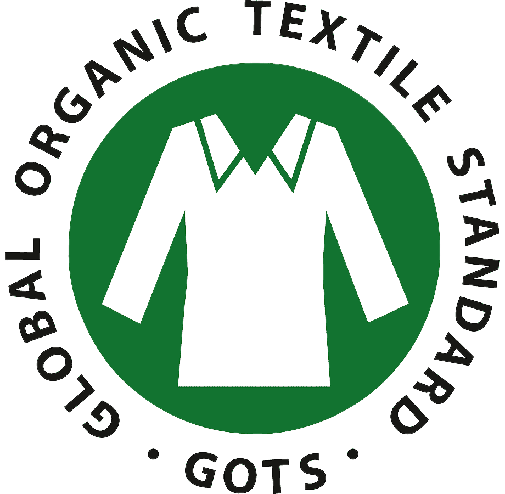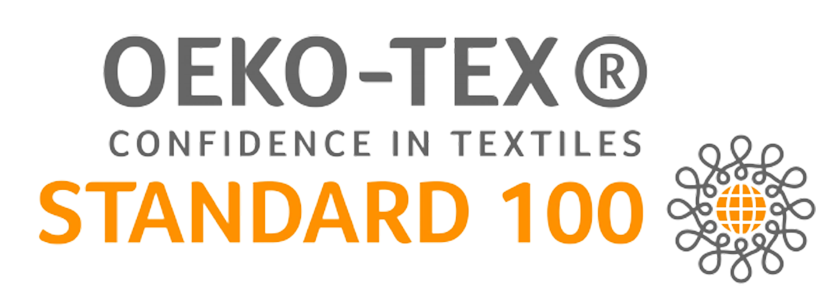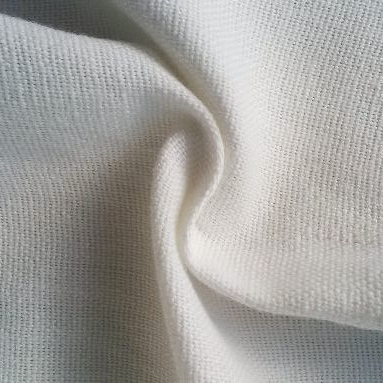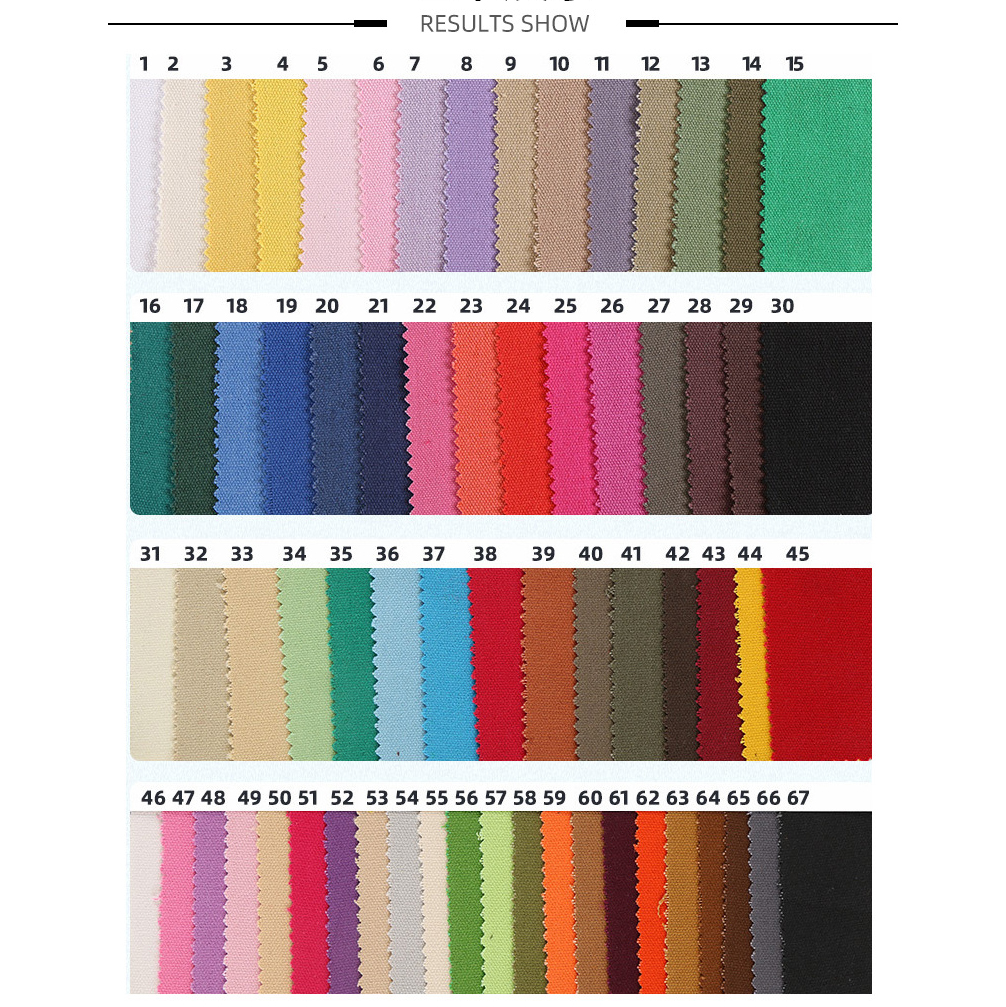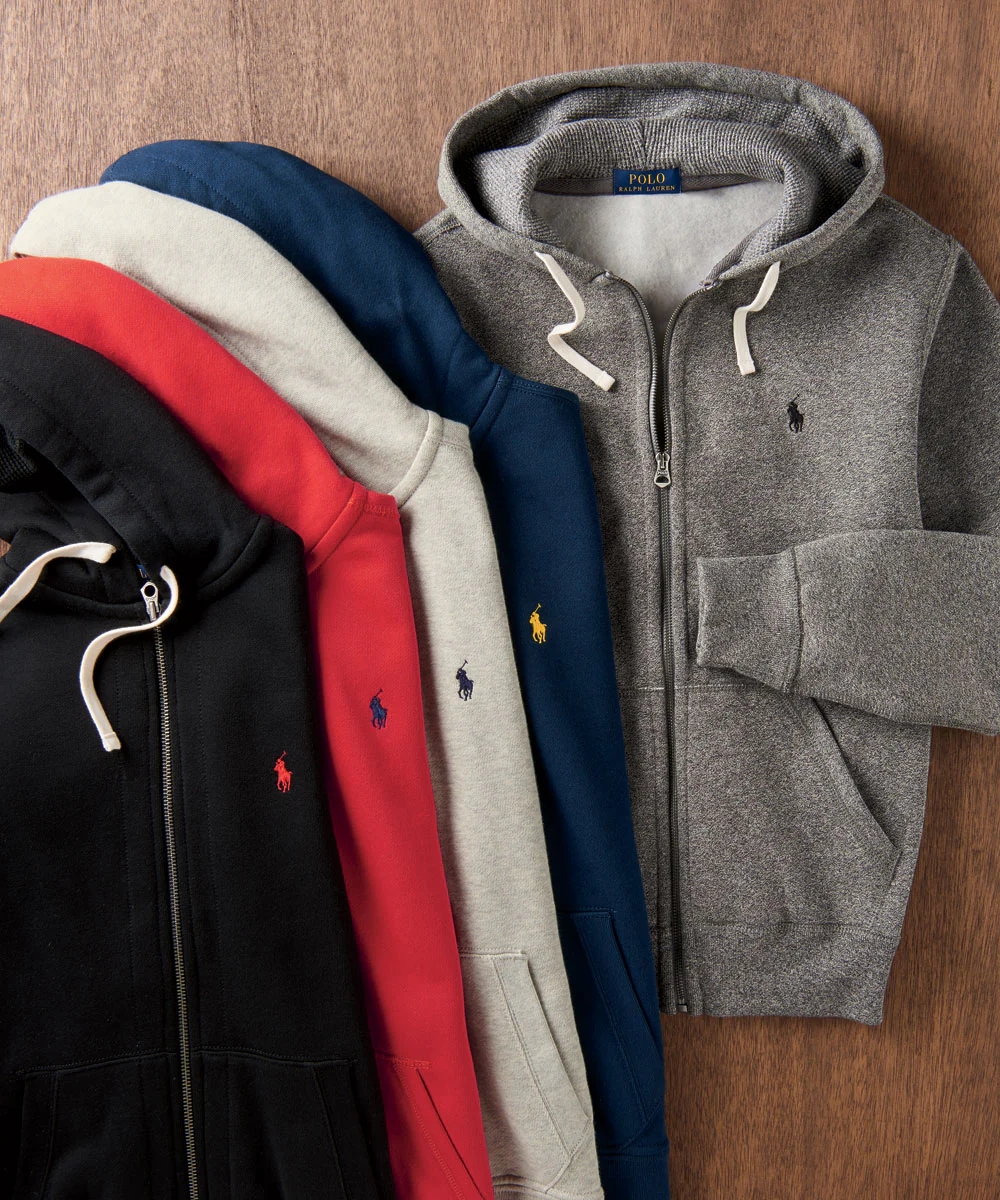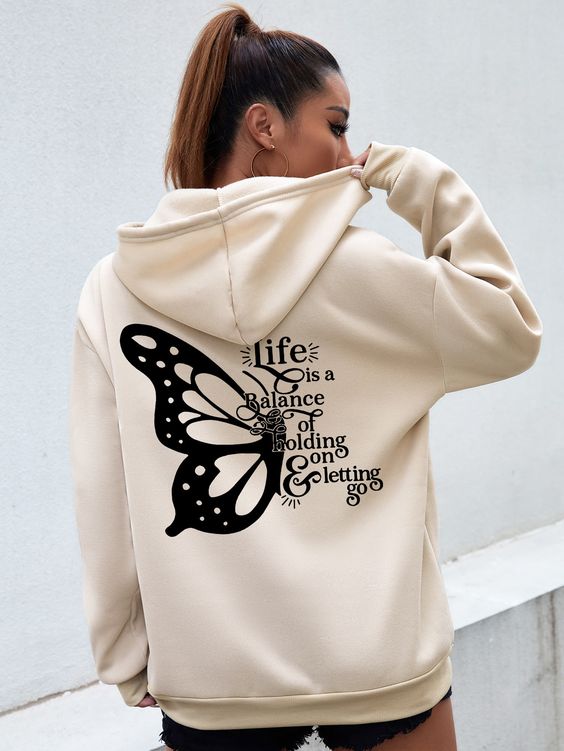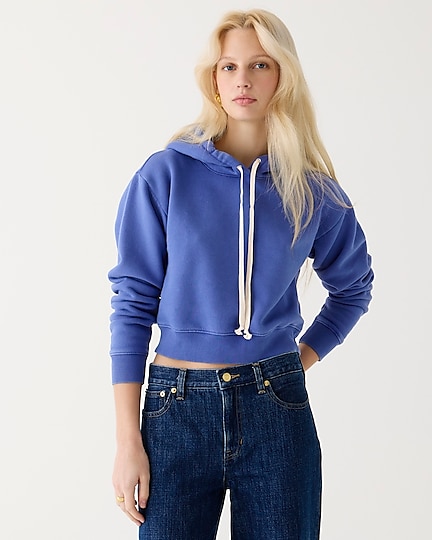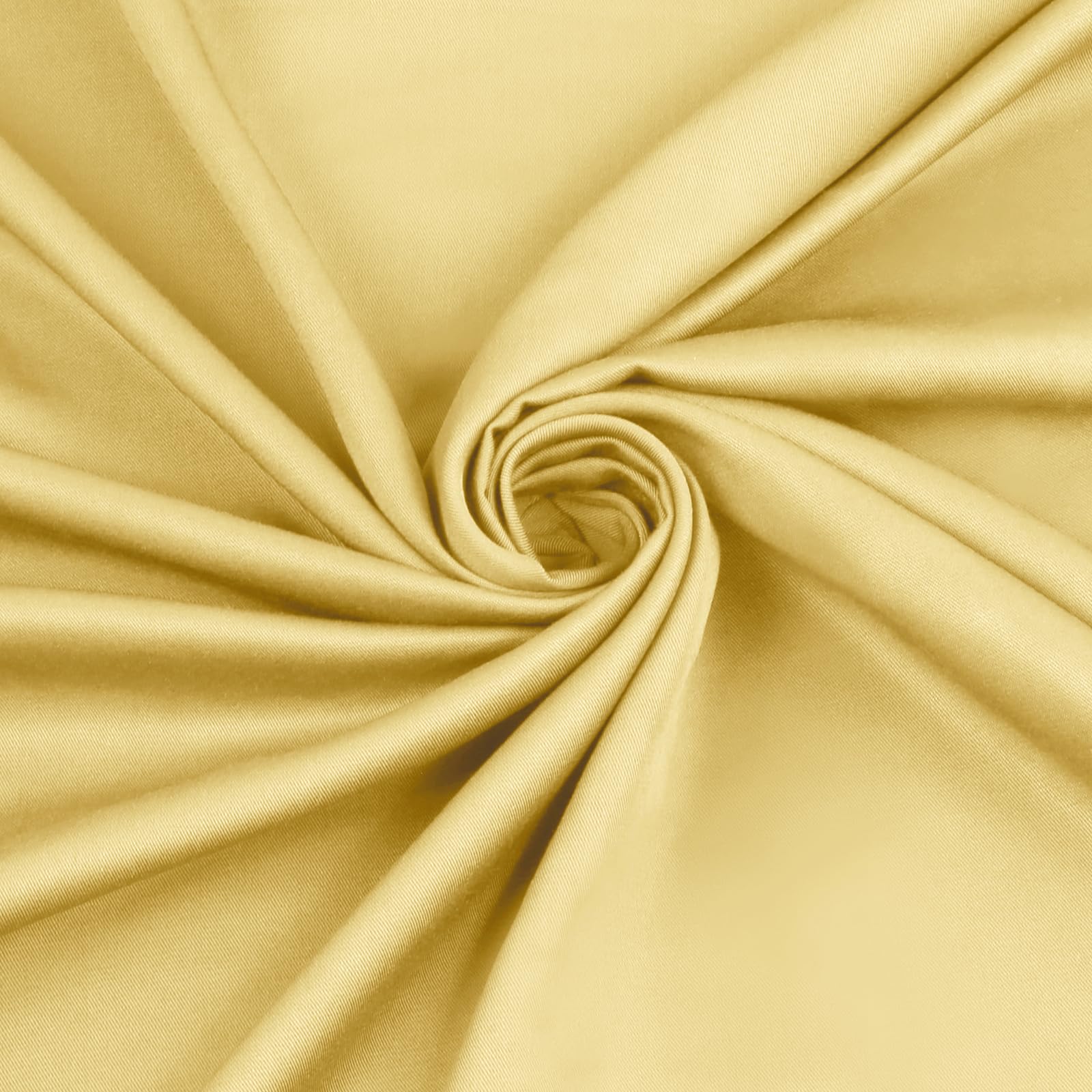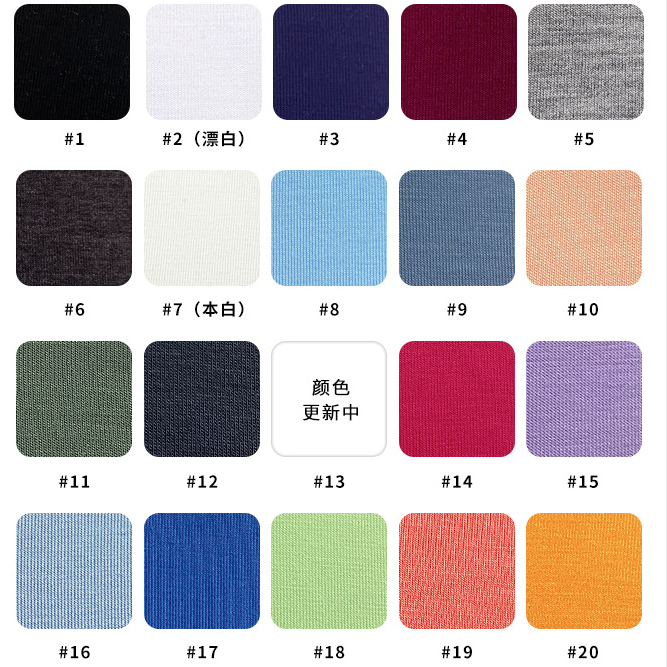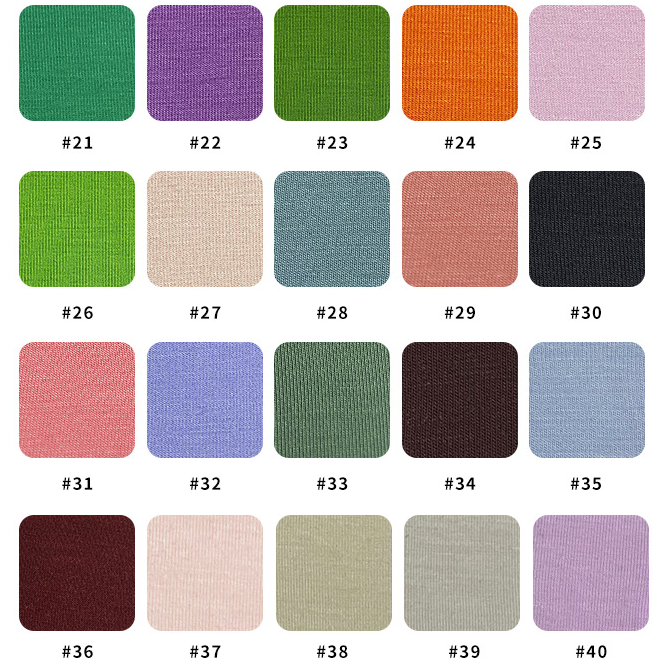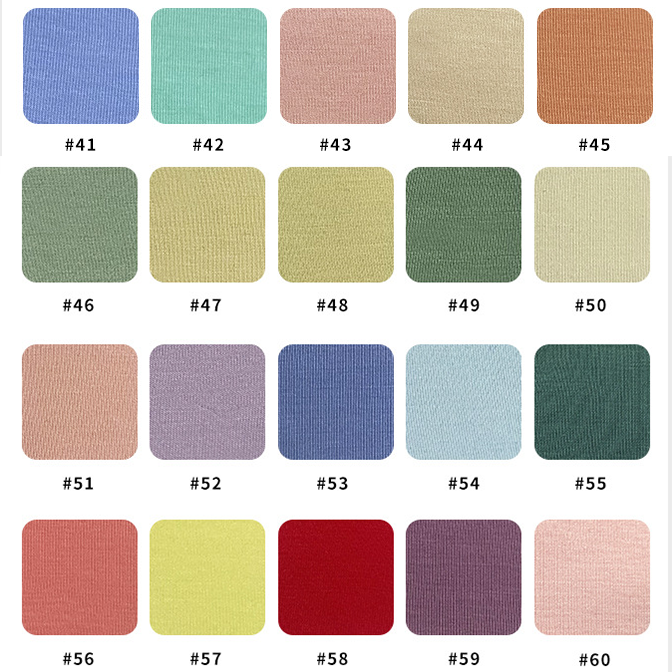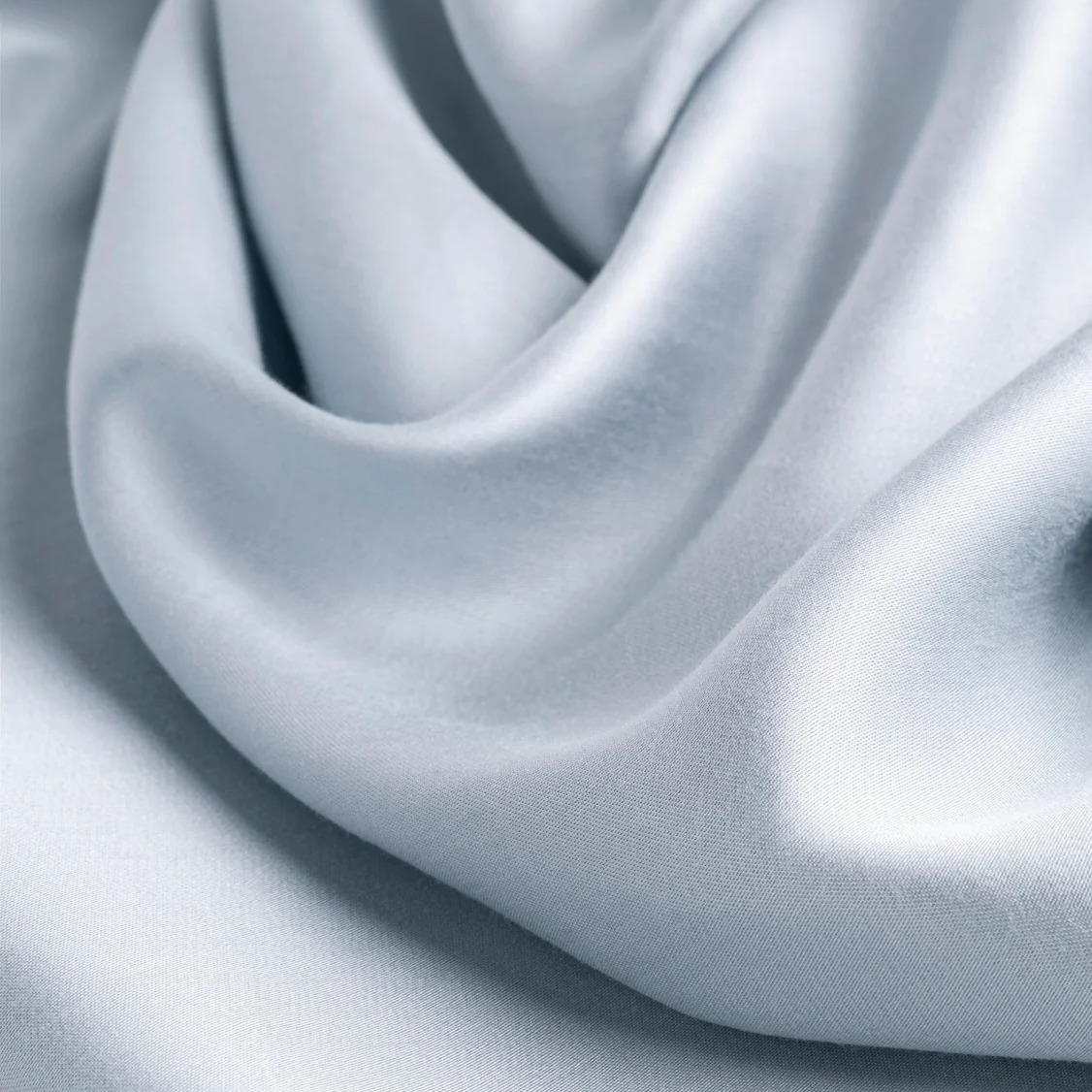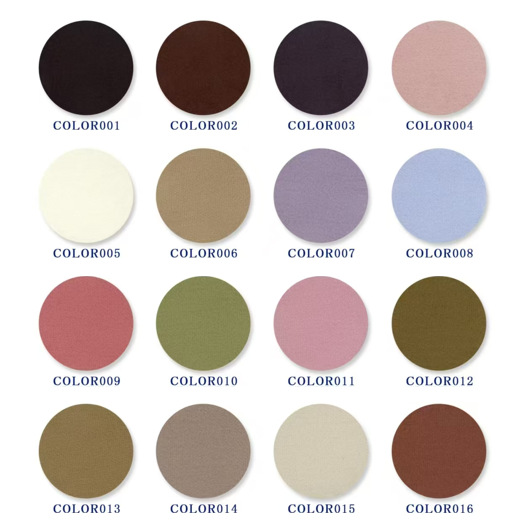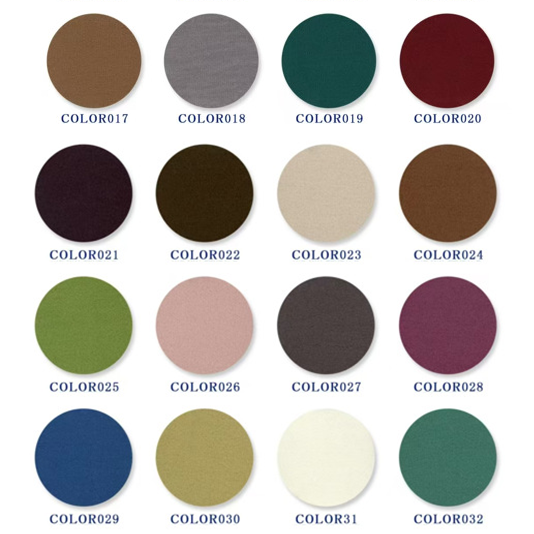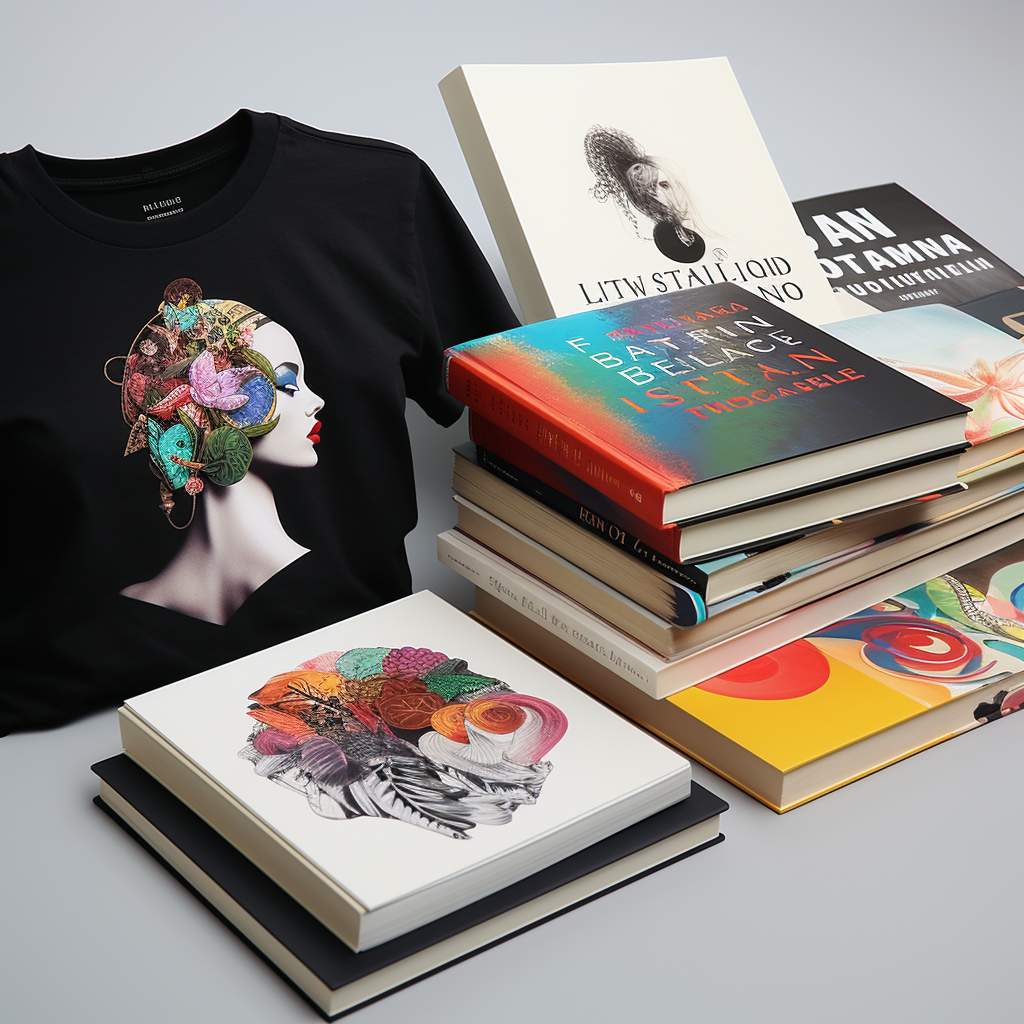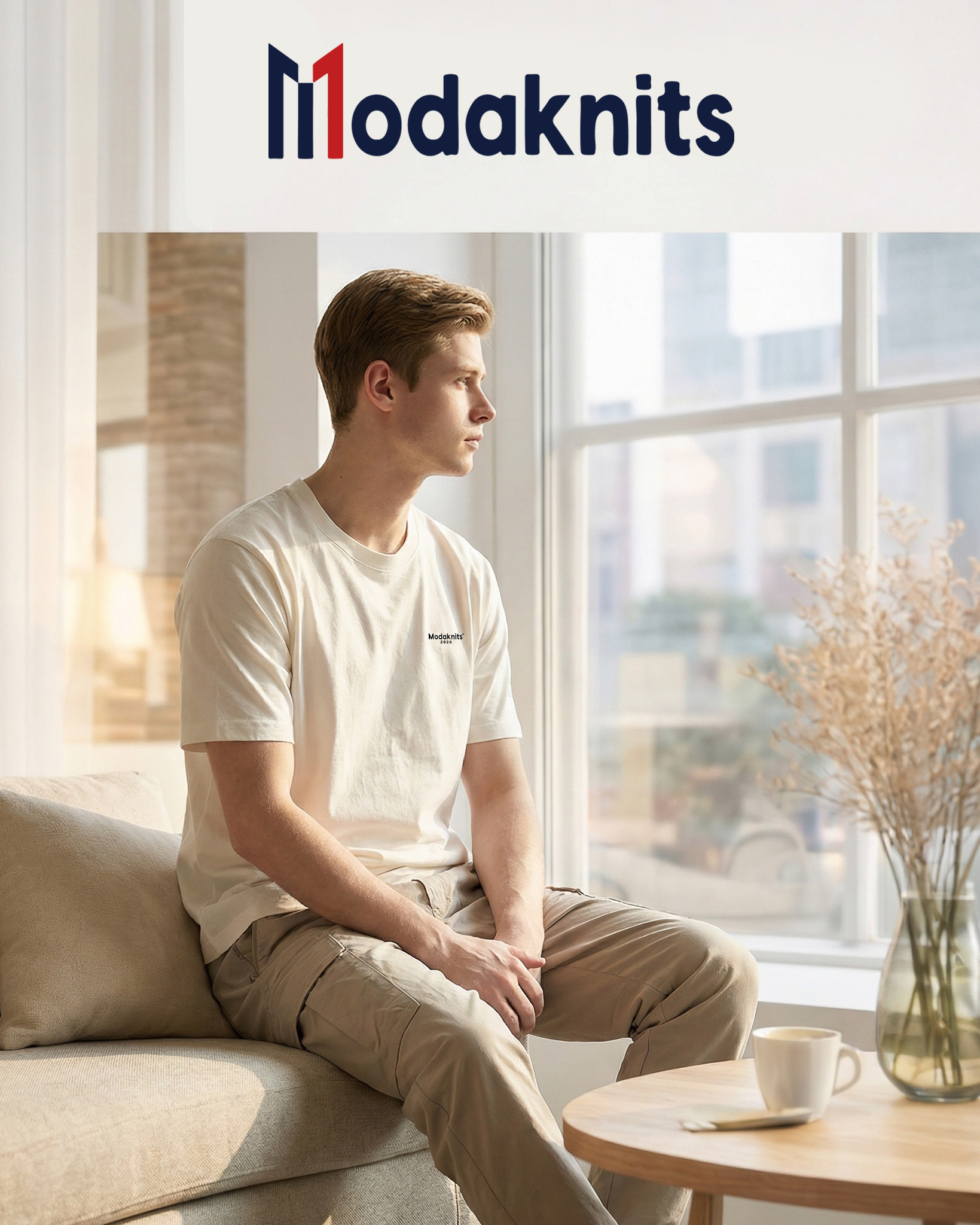Building a Greener Future in Fashion
At Modaknits, sustainability is not just a commitment but a guiding principle that shapes every aspect of our apparel manufacturing process. As a leader in the industry, we understand the growing demand for eco-friendly and ethically produced clothing, and we strive to meet these expectations through innovative practices and thoughtful decision-making.
We prioritize environmental stewardship by sourcing sustainable materials, optimizing resource efficiency, and reducing waste at every production stage. This commitment extends beyond the factory floor to the partnerships we build with suppliers who share our values and clients who seek sustainable solutions.

Eco-Friendly Materials
We source fabrics like organic cotton and recycled polyester to minimize environmental impact, ensuring every garment meets ethical and ecological standards.
Organic Cotton: Free from harmful pesticides, it promotes soil health and reduces water pollution.
Bamboo: Fast-growing and requiring minimal resources, it is biodegradable and naturally antibacterial.
Lyocell (Tencel): Sustainably made from wood pulp, it is biodegradable, soft, and highly breathable.
We believe that responsible material choices not only enhance the quality of our garments but also support global efforts toward ecological balance.
Sustainable Production Practices
Our production facilities employ energy-efficient processes and eco-friendly dyeing processes, ensuring minimal waste and maximum sustainability.
Energy-Efficient Operations
Our production facilities utilize state-of-the-art, energy-efficient machinery, including automated sewing systems and low-energy equipment. These innovations help us minimize electricity consumption without compromising the precision and quality of our garments.
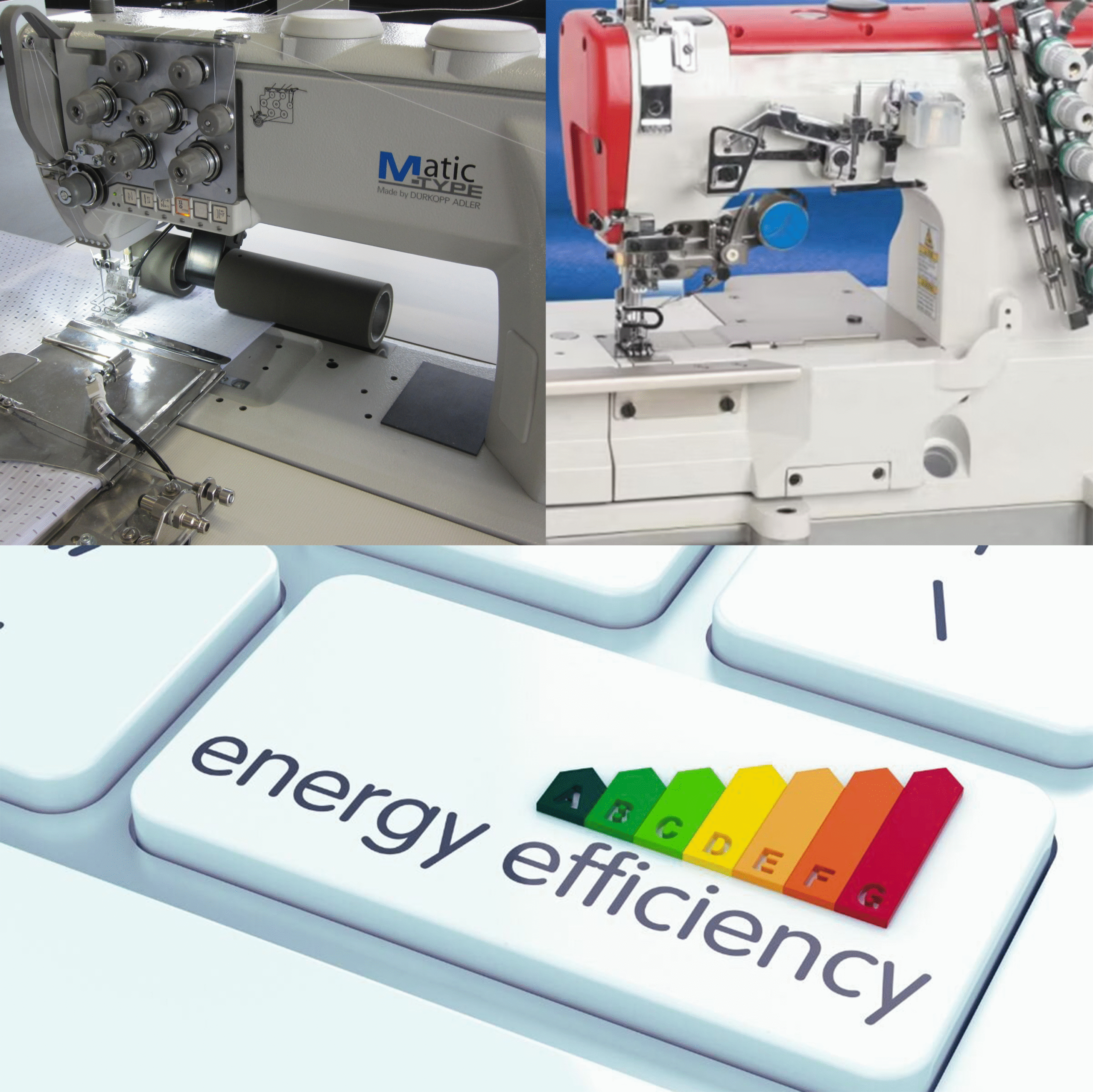
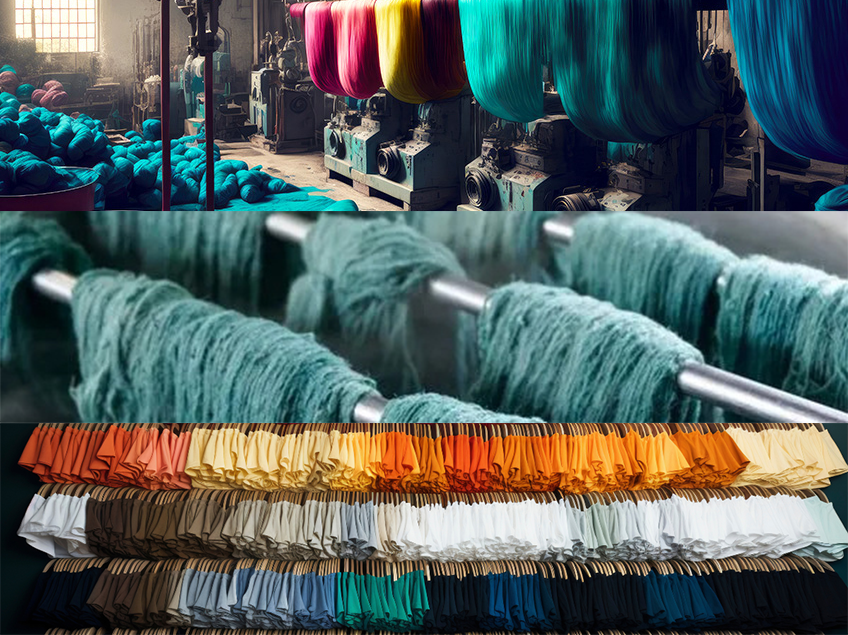
Eco-Friendly Dyeing Processes
Dyeing is a critical step in apparel manufacturing, often resource-intensive. At Modaknits, we employ low-energy dyeing techniques and eco-friendly dyes that are free from harmful chemicals. This not only reduces energy consumption but also minimizes water contamination, ensuring that our processes are safe for both workers and the environment.
Waste Reduction Programs
From design to production, we focus on reducing material waste. Advanced cutting techniques ensure fabric efficiency, while leftover materials are repurposed or recycled into new products. These practices help us maintain a zero-waste philosophy, aligning with our dedication to sustainability.
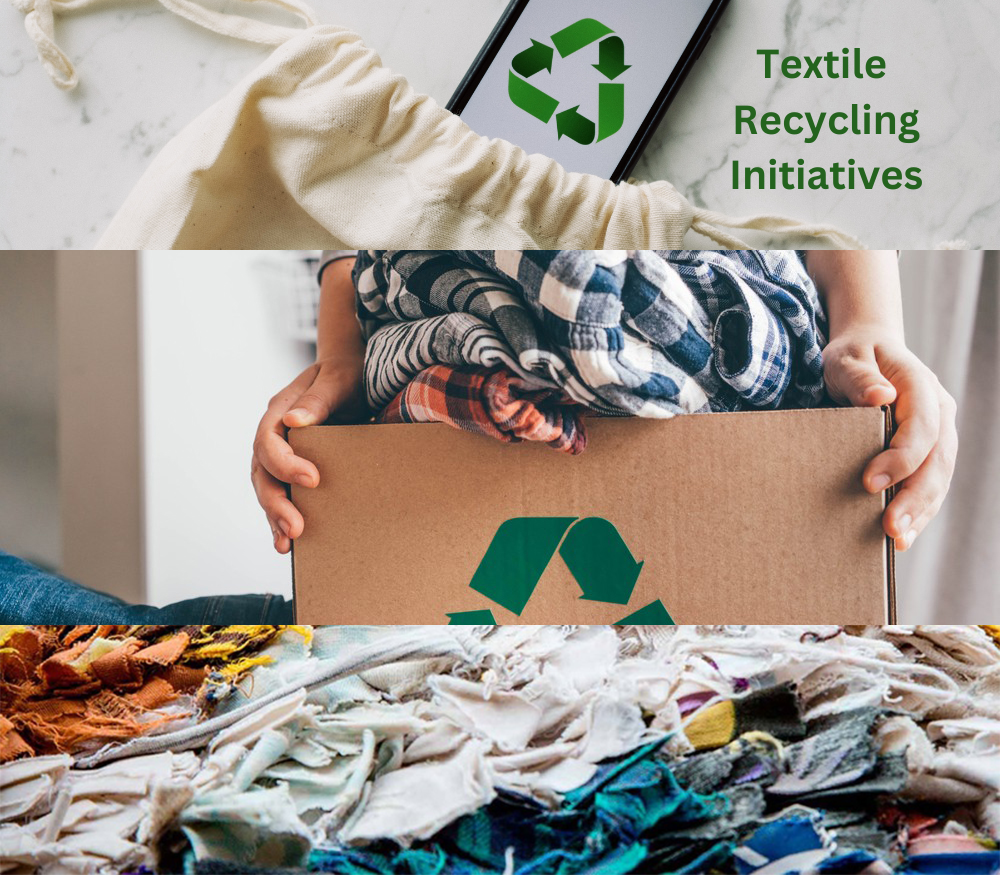
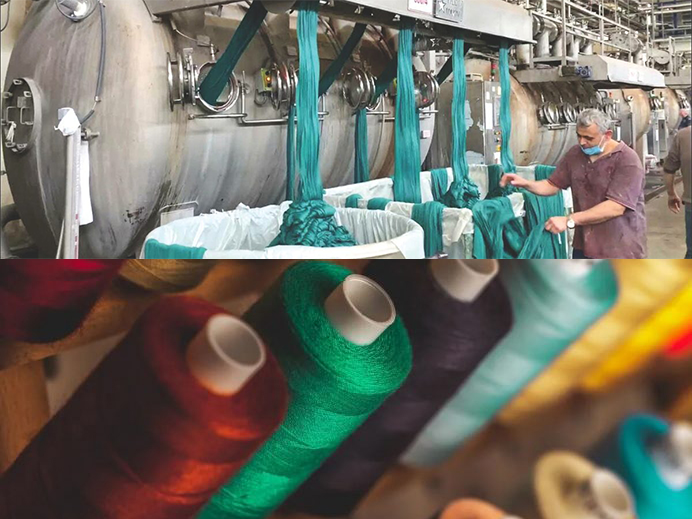
Sustainable Chemical Usage
Chemical treatments in fabric production are carefully monitored to meet global sustainability standards. We avoid hazardous substances and opt for biodegradable alternatives, ensuring that our manufacturing processes are as eco-friendly as possible.
We continuously innovate and adopt eco-friendly practices to minimize our environmental footprint while maintaining the highest quality standards for apparel production.
Our Ethical Practices and Social Responsibility
We prioritize the well-being of our workers, ensuring fair wages, safe working conditions, and opportunities for growth.
As a leading apparel manufacturer, we understand that ethical practices and the well-being of our workforce are integral to producing high-quality garments.
We ensure that all employees receive fair compensation aligned with or exceeding local wage standards. Our production facilities are designed to prioritize worker safety, equipped with modern ventilation systems, ergonomic workstations, and comprehensive safety protocols. Regular inspections and certifications ensure compliance with international labor standards, fostering a secure and respectful workplace.
Transparency is at the heart of our operations. We adhere to global ethical standards, such as SEDEX and BSCI, ensuring accountability across all levels of our supply chain. This not only builds trust with clients but also demonstrates our unwavering commitment to ethical manufacturing.
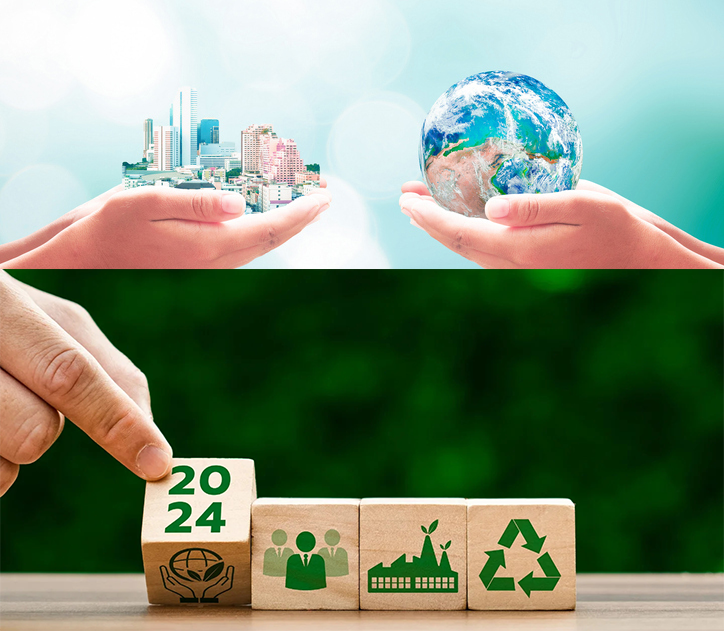
CERTIFICATIONS
MODAKNITS Repsects Quality Standards

